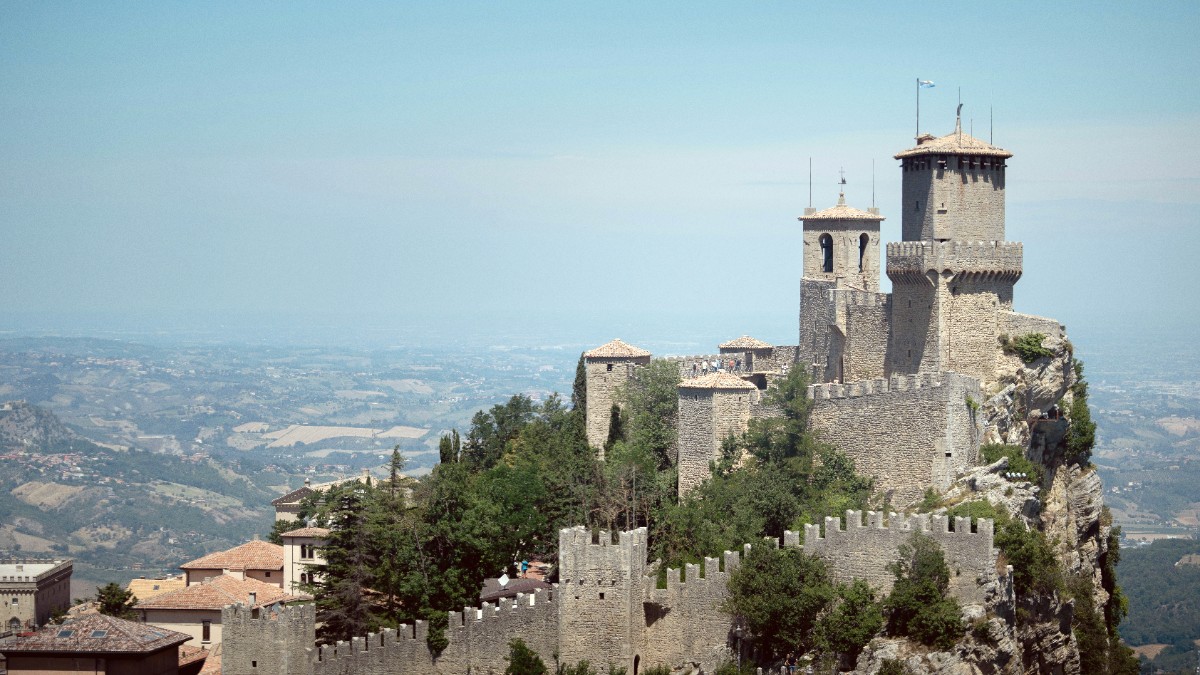
Friuli Venezia Giulia, Italy
Here, history blends with daily life, creating an atmosphere authentic and inviting. This guide outlines practical steps and inspiration for your trip.
The city itself sits on a relatively flat plain, easy to navigate by foot or bicycle. The Tagliamento River, one of Europe's last largely unspoiled braided rivers, flows nearby, contributing to the region's agricultural richness.
Surrounding Udine are the gentle, rolling hills of the Colli Orientali del Friuli, famed for their vineyards. This diverse geography means visitors move from city sightseeing to mountain hiking or coastal relaxation with ease. The city benefits from natural beauty, presenting a varied landscape for exploration.
Udine's history shaped its identity. The city rose in the 13th century, becoming the capital of the powerful Patriarchate of Aquileia. This ecclesiastical state held considerable political and religious sway for centuries. The Patriarchs’ presence marked Udine’s architecture and institutions.
From the 15th to the late 18th century, Udine became a significant stronghold of the Venetian Republic. Venetian rule introduced new architectural beauty and cultural sophistication. The city’s main square, Piazza Libertà, exemplifies this period with its elegant Venetian Gothic loggias and statues. Venice's influence transformed Udine, bringing prosperity and artistic development.
After Venice, Udine came under Austrian Empire rule until 1866, adding a different character.
In 1866, Udine joined the newly unified Kingdom of Italy, returning to Italian sovereignty.
The city held strategic importance in both World Wars, serving as Italian Army headquarters in WWI.
Subtle Habsburg influences are visible in broader avenues and city character.
The city also held strategic importance during both World War I and World War II. During the First World War, it served as the Italian Army’s general headquarters.
Traditional osterie and trattorie serve hearty Friulian dishes like Frico, a cheese and potato delight, and Cjarsons, unique sweet or savory dumplings. The city embraces the Italian "aperitivo" tradition, where pre-dinner drinks come with complimentary, tasty snacks. This creates a lively social atmosphere in the early evening.
Shopping thrives along Via Mercatovecchio, a historic street lined with boutiques and cafes. The Mercato Coperto, a covered market, provides a sensory experience of local produce, cheeses, and cured meats, including the renowned Prosciutto di San Daniele.
Udine presents a balanced travel experience with authentic local charm.
Udine presents a compelling blend of art, history, and daily life. The city's heart is Piazza Libertà, often called "the most beautiful Venetian square on the mainland." Here, the Loggia del Lionello, with its Venetian Gothic arches, faces the Torre dell'Orologio (Clock Tower), resembling a miniature version of Venice’s St. Mark's Square.
Ascending to Udine Castle, perched on a gentle hill, presents visitors with panoramic views stretching from terracotta rooftops to the distant Alps. The castle houses the Civic Museums, displaying local art and archaeological finds.
The city is walkable, inviting leisurely strolls through its historic core.
Friendly residents, a blend of Italian and Friulian speakers, often greet visitors with a warm "Mandi!"
Udine's compact size makes it ideal as a base for exploring the diverse Friuli-Venezia Giulia region.
Discovering Udine means finding a genuine slice of Italian life, from its vineyards to its mountains and coastline.
Udine avoids the overwhelming crowds of larger Italian destinations, making for an authentic local life experience.